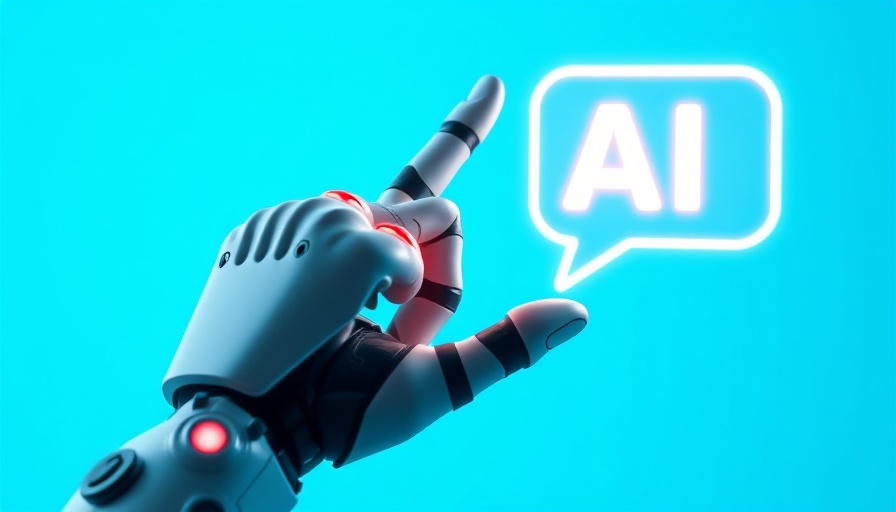
AI's Dual Impact on the Job Market: Opportunities vs. Threats
Artificial Intelligence (AI) is reshaping the employment landscape, leading to both the creation and elimination of jobs. While major fears loom over the disappearance of roles due to automation, the reality reveals a more nuanced picture: AI is set to create approximately 11 million jobs, while eliminating around 9 million. This indicates a net positive employment growth, contradicting popular assumptions about AI solely causing job losses.
The Salary Premium of AI Skills
In today's job market, individuals equipped with AI skills are enjoying substantial financial advantages, with these workers earning, on average, 25% more than their peers. This is particularly evident in roles such as machine learning engineers and data scientists, where salaries can soar as high as $300,000 in competitive markets. This striking wage disparity underscores the growing value placed on AI proficiency amidst an ongoing talent shortage. Consequently, organizations compete not only for workers but for those with specialized AI expertise, often leaving smaller firms struggling to match the pay scales offered by industry giants.
Redefining Hiring Practices: The Shift Towards Upskilling
As the demand for AI skills surges, many companies are reevaluating their hiring strategies. Rather than rushing to onboard external talent at inflated salaries, more organizations are fostering internal talent through comprehensive training programs. This approach not only serves to equip their workforce with the necessary skills but also boosts employee morale and retention. Accessible online courses and bootcamps have also democratized learning opportunities for aspiring professionals, providing a viable path to higher earning potentials for dedicated individuals willing to invest in their development.
The Future of Work: Which Jobs Are at Risk?
Despite the optimism surrounding job creation, some sectors face immediate threats from AI integration. Particularly vulnerable are manufacturing roles, projected to lose approximately 2 million positions by 2026, along with customer service representatives and data entry clerks. This dichotomy creates a pressing need for workers in these positions to adapt and consider reskilling themselves to navigate the evolving job landscape effectively.
Understanding the AI-Driven Workforce Transformation
The advent of AI brings both challenges and remarkable opportunities. Workers must be proactive in acquiring new skills to thrive in this transforming environment. Embracing the trend toward AI proficiency could not only ensure job security but lead to lucrative careers in a field characterized by rapid change and innovation. By actively participating in upskilling efforts, individuals can position themselves advantageously, capable of navigating the complexities of modern work.
 Add Row
Add Row  Add
Add 




Write A Comment